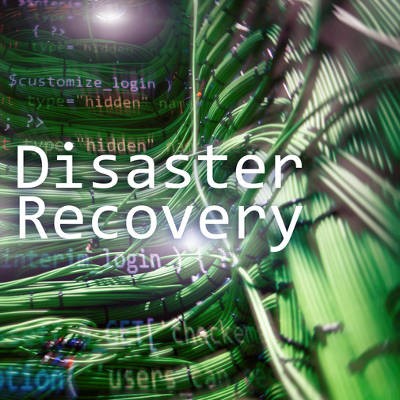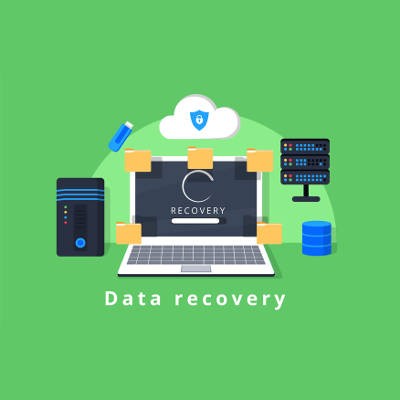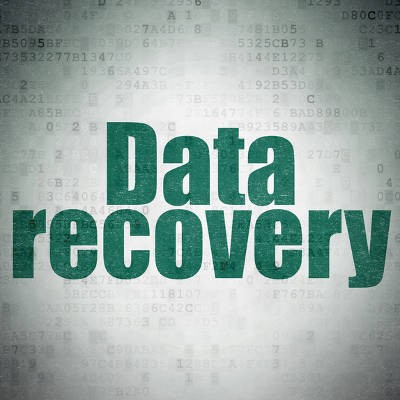For the modern business, not having a backup system in place is inexcusable. If you use digital data to run your business, you need to protect the data you can’t replace by having it backed up regularly. Some businesses have been around long enough to have files that don’t have any practical application in the course of business. You don’t need this data, and you don’t need a copy of it. Today, we will discuss how to select and choose which pieces of data you should seek to protect.
Washington Works Blog
Backup and disaster recovery (BDR) might seem like a singular process, but in reality it’s more of a combination of processes that work in tandem with each other. Backup and disaster recovery both require a different perspective and approach in order to make sure they play nicely with each other. We’ll attempt to address this difference and give you the information needed to make the best decisions possible for your solution.
Businesses need to be extremely careful about how they protect their interests, but just in case something unfortunate happens, you want to have measures in place to guarantee that your future is secure. To this end, data backup and disaster recovery is critical. We’ll walk you through what you need to know about implementing data backup and disaster recovery, including the best way to make it happen.
Maintaining a proper data backup system is one of the most important parts of business continuity, even if it’s something you’d rather not think about. If you don’t take data backup seriously, your organization is at considerably greater risk compared to what it would be like if you had it. We’ll walk you through the proper steps toward making your organization’s future more secure through data backup.
Let’s face it; nobody wants to talk about disaster recovery, as even invoking these words makes the possibility a reality. Unfortunately, this is something that has to be discussed, as your business depends on it. This might seem like hyperbole, but if you knew what is at stake, you’d likely agree with us.
Businesses deal with compromises every day, whether it’s leaving late to let someone else get an early out or coming in on your day off to get a critical project finished on time. One of the compromises you absolutely don’t want to leave out is your business’ future. It’s up to you to acquire a solution that minimizes downtime without costing your organization an arm and a leg, but this is much easier said than done.
There is a lot on the line for any business when disaster strikes. Is your business ready for a data loss incident? Every year people from all over the world make resolutions as the new year commences; and, this year will be no different. For the business owner hoping to mitigate their exposure to downtime and client backlash in the face of an event like this, having a plan in place is essential to seeing a positive resolution to a bad situation. We’ll go through what constitutes a good backup solution, and what goals you need to prioritize to get your business in a position to succeed if it is put in a tight spot.
Data recovery can make your break your business’ continuity plan, and you absolutely cannot underestimate how important this is for the future of your organization. There are countless ways your business could lose data, and if you encounter even a single one of them, your organization could be put at serious risk. We’ll take a look at operational data loss and how your organization needs to strategize data recovery.
Data backup. Nobody wants to think about it until it’s too late to do anything about it. While no business ever hopes that they will be struck by a data loss incident, no business will ever regret implementing a backup on the off-chance that they ever suffer from a worst-case scenario. What are some of the most important parts of a data backup and business continuity system? We’ll start with Recovery Point Objective and Recovery Time Objective.
Data backup is one of the most critical parts of protecting your business, but there are a lot of moving parts that need to be considered before implementing a solution. For example, did you know that data backup and disaster recovery are two different things completely? While they may both be involved in the business continuity process, the two represent equally important, yet disparate, parts.
It’s critical that you protect your business’ important assets, including perhaps the most important of all: its data. One of the best ways to do this is by implementing a solid backup solution. But what’s the best way to approach data backup? After all, every business is going to have different needs. We’re here to tell you all about these different needs, and how your organization can implement a reliable backup solution based on yours.
March 31, 2018 is World Backup Day. Data is a commodity, but unlike other commodities--it can be replicated without hurting its value. As a result, data backup has become a critical need for the modern business. World Backup Day has been created to remind people to protect their assets by backing up their files.
It’s no industry secret that one of the most important pieces of IT any business should have is a data backup solution. However, this is like saying that every business should have a plant: the type of plant, and (by extension) the type of data backup, matters. You want a data backup that is more like a peace lily or a cactus, hardy and resilient, and less like a basil plant or orchid, high-maintenance and requiring very specific conditions to prosper.
By now, you’ve probably heard about the importance of business continuity and disaster recovery planning for small businesses. According to FEMA, more businesses have business continuity plans than ever before. With so many SMBs looking to secure their future, there are still a few aspects of business continuity planning that today’s business need to comprehend. After all, there is more to it than just data backup. Disaster recovery is something that needs to be planned, practiced and updated.
Nobody ever wants to admit that their business has a problem with security. Unfortunately, as the one responsible for the future of your organization, you have to consider all possible outcomes of any potential data loss incident. Furthermore, many of these incidents are beyond your control. Thankfully, you can soothe the pain of a data loss disaster by thinking ahead and planning for the worst.
Data backup. It’s something that all businesses need, but not all businesses know how to approach the implementation of it. This is largely due to the tendency to underestimate how disastrous data loss scenarios can be for their business. You know how it goes; it’s impossible, until it happens. Thankfully, you can significantly reduce the damage done by data loss incidents with a little bit of preventative, proactive thought and a comprehensive backup system.

















